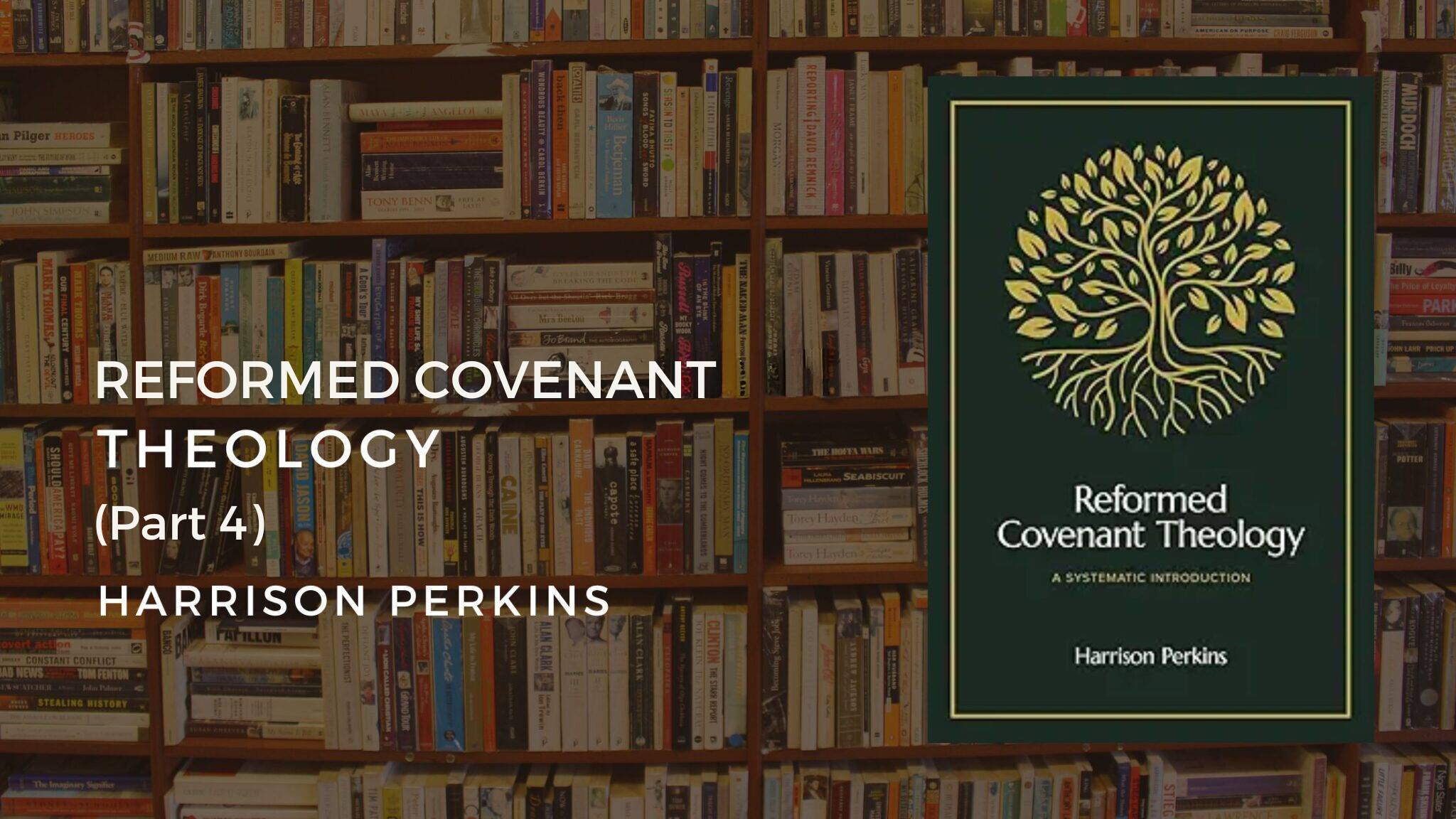The Doctrine of Creation is essential to coming to terms with “the mind of Christ” and to being able to interpret the world Christianly. Sadly, most Christians do not incorporate their view of life within a Creation framework. This leads them to see reality as splintered and only occasionally God-embossed. Here a some “theses” which stem from a lecture from the course “Doctrine of God (2): The Works of God in Creation & Providence” at Veritas School of Theology. They are given by way of a corrective to the trend of poor Christian thinking:
1. In the biblical doctrine of Creation ex nihilo we are taught that prior to the divine act of making the world there was just God: God, self-contained and all sufficient, who needed nothing, being perfect in Himself. There was no coercion, no compulsion whatsoever within God to force Him to create the universe. He did not have to create. God made us and our world because He wished to do so. This means that the world is contingent not necessary. The only thing that is necessary is the existence of the Triune God.
2. God upholds and sustains and guides the world, but it is not a part of Him. In utter opposition to pagan cosmogonies, the earth is not created from the material of a god or gods; nor from eternal matter. Neither is it an emanation of God. The creation is not divine in itself. It has its own existence, which is separate and distinct from God the Creator. Thus the earth is not divine and does not share any sparks of divinity. Hence, when we read about the heavens and earth in Genesis 1:1, we understand that the universe is dependent on the independent Triune God.
3. God created the world wisely and carefully, and because of this He has placed both physical and spiritual laws within it, which stem from His original creative intent. God decreed both material, physical, and spiritual ways that the world should interact and operate, and it operates the way it does because of the implementation of His all-conditioning Plan or Decree. Some operations are spiritual and some physical laws. They obtain in this present time, but they do not function in a perfect way due to the effects of the Fall and its curse. The fact that everything was originally created good shows us that the Fall was a calamitous event which continues to affected both man and his environment. This truth must never be passed over in our worldview.
4. This means that the Doctrine of Creation and Fall is the ground for a true philosophy. It is because God has made things the way He has made them, and they run the way that they run, that our philosophies of life must match up with the connected doctrines of creation and providence.
5. Hence, in metaphysics, the theory of reality, we must first and foremost understand the Creator/ creature relationship. In epistemology, the theory of knowledge, we must understand that because God had a comprehensive plan for this world, which included every fact within the world and within time, plus the relationships of each fact to every other fact, it means that the framework for knowing anything, and knowing it properly, is to see it as God intended it to be understood. Facts are to be understood primarily in their relationship to the plan of God as revealed in His Word. We therefore think God’s thoughts after Him in a ‘revelatory’ world. God’s knowledge of all things is original and so prior to ours; prior to anything that we may find out. Our knowledge on the other hand, is derivative of God’s knowledge. We can only know something that is true if it aligns with God’s decree, God’s plan. Another way of putting this is to say, as Van Til used to say, that God’s knowledge is creative knowledge. He creates and establishes the facts of existence, while man’s knowledge is re-creative.

3 comments On Twenty Theses Concerning Creation (1)
Some good stuff to chew on there. Thanks.
Dave,
I’m glad somebody read it!
Well done! I will file this for furture use! Thank You
John G.